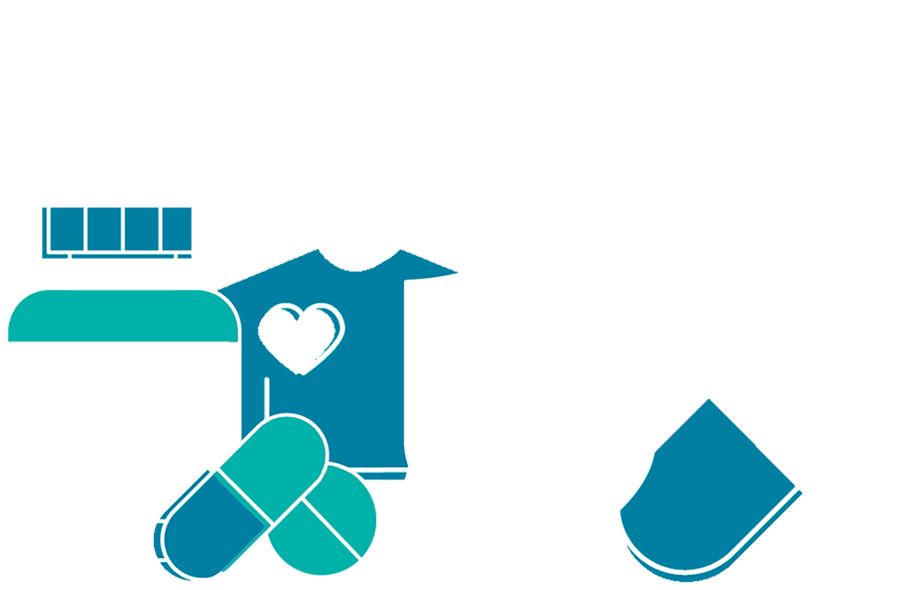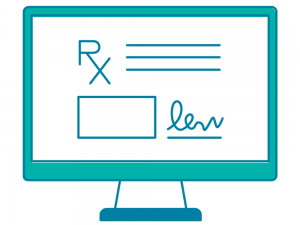Med Safety Week runs from 3rd to 9th November 2025, marking its tenth anniversary as a global campaign to raise awareness about reporting suspected adverse drug reactions. This year’s theme “we all have the power to make medicines safer” is particularly relevant for medical students, trainees, educators and practising prescribers.
Here’s a statistic that might come as a surprise, less than 10% of adverse drug reactions are ever reported. That’s a significant gap when you consider that pharmacovigilance systems rely heavily on these reports to identify safety signals, update prescribing guidance and protect patients.
Every unreported adverse drug reaction (ADR) represents a missed opportunity to build a fuller picture of how medicines perform in real-world settings, across diverse patient populations and over extended periods.
Using Med Safety Week as a teaching opportunity
Med Safety Week provides a timely reminder to embed pharmacovigilance into your curriculum in a way that feels relevant.
When presenting clinical scenarios, you could include opportunities for students to identify potential adverse reactions and discuss whether they’d warrant a report. The MHRA publishes case studies showing how Yellow Card reports have led to regulatory action which can be used as teaching materials to demonstrate the impact of pharmacovigilance in the real world.
Ask students to consider questions such as: Have they witnessed a suspected ADR during clinical placements? Was it reported? If not, why not? What were the barriers? This kind of reflective discussion helps identify the practical challenges that lead to underreporting.
For students preparing for their prescribing exams The Prescribing Safety Assessment (PSA) includes questions on adverse drug reactions and understanding when and how to report suspected side effects is a core competency expected of newly qualified prescribers.
Resources for Med Safety Week
The MHRA and Uppsala Monitoring Centre provide free campaign materials that can be used in lectures, shared on social media or displayed in teaching spaces who-umc.org/medsafetyweek
BPSA’s own MHRA Yellow Card scheme assessment is a free to use resource that has been developed in partnership with the Medicines and Healthcare products Regulatory Agency (MHRA) and the British Pharmacological Society (BPS). It provides structured learning across two modules, covering the role of the MHRA and scenario-based case studies on reporting adverse incidents. It’s available through our portal and takes approximately one hour to complete portal.bpsassessment.com/product/yellow-card-scheme
Useful links
- MHRA Yellow Card scheme: yellowcard.mhra.gov.uk
- Medical Safety Week campaign materials: who-umc.org/medsafetyweek
- MHRA Yellow Card scheme assessment: portal.bpsassessment.com/product/yellow-card-scheme
- BPS Assessment resources: portal.bpsassessment.com





